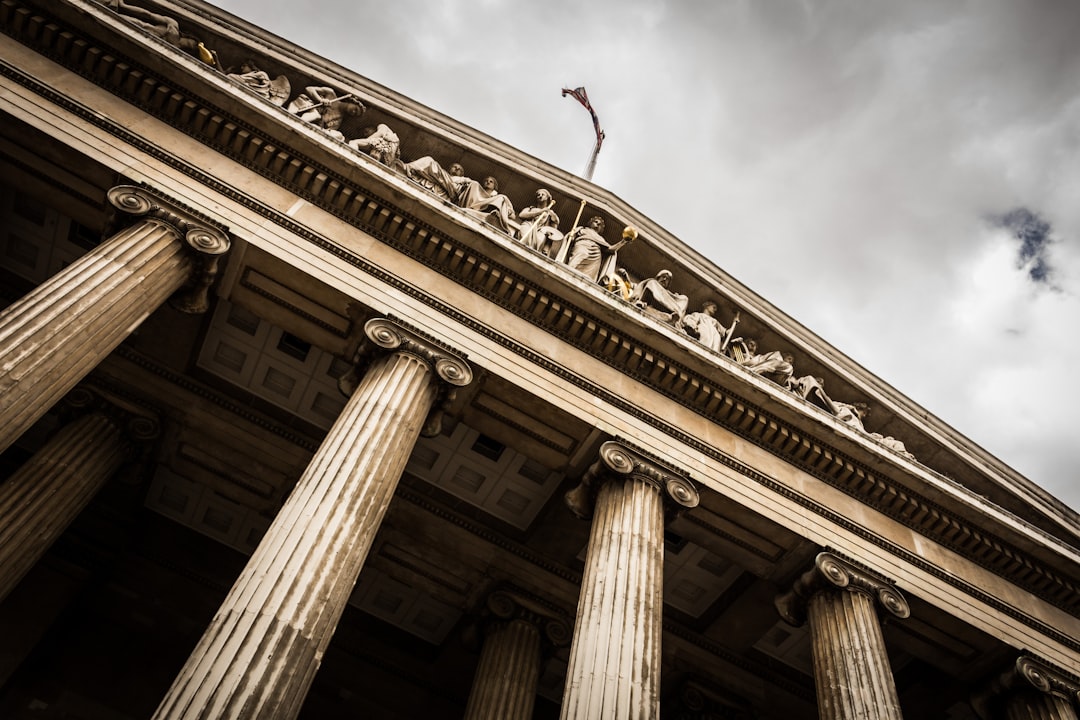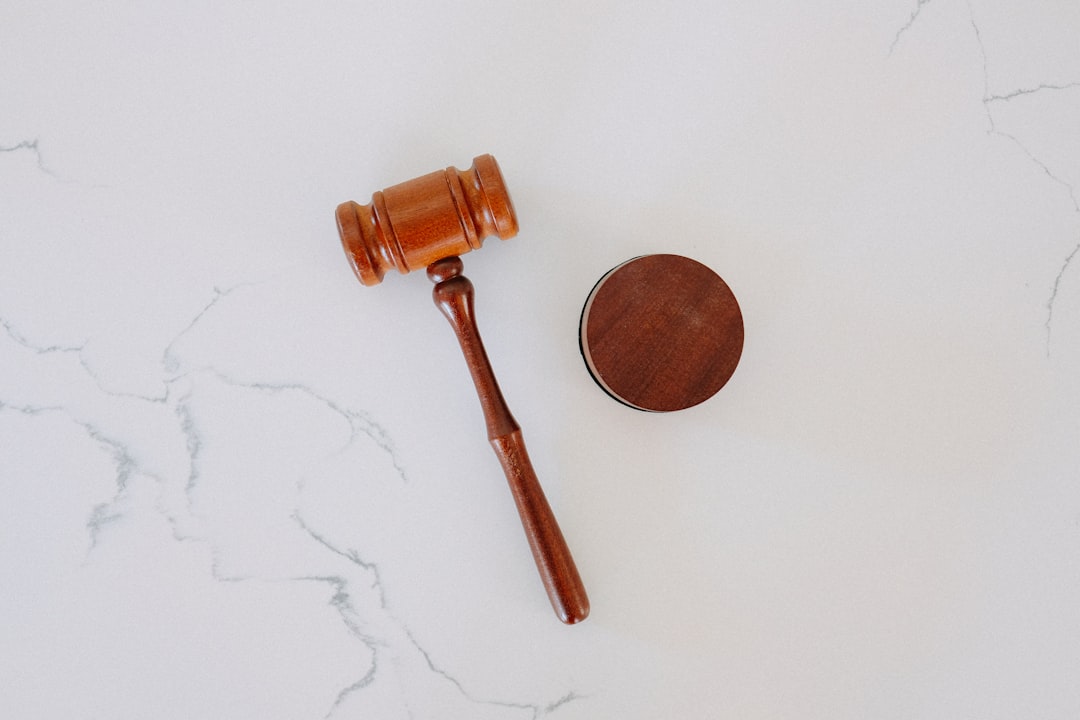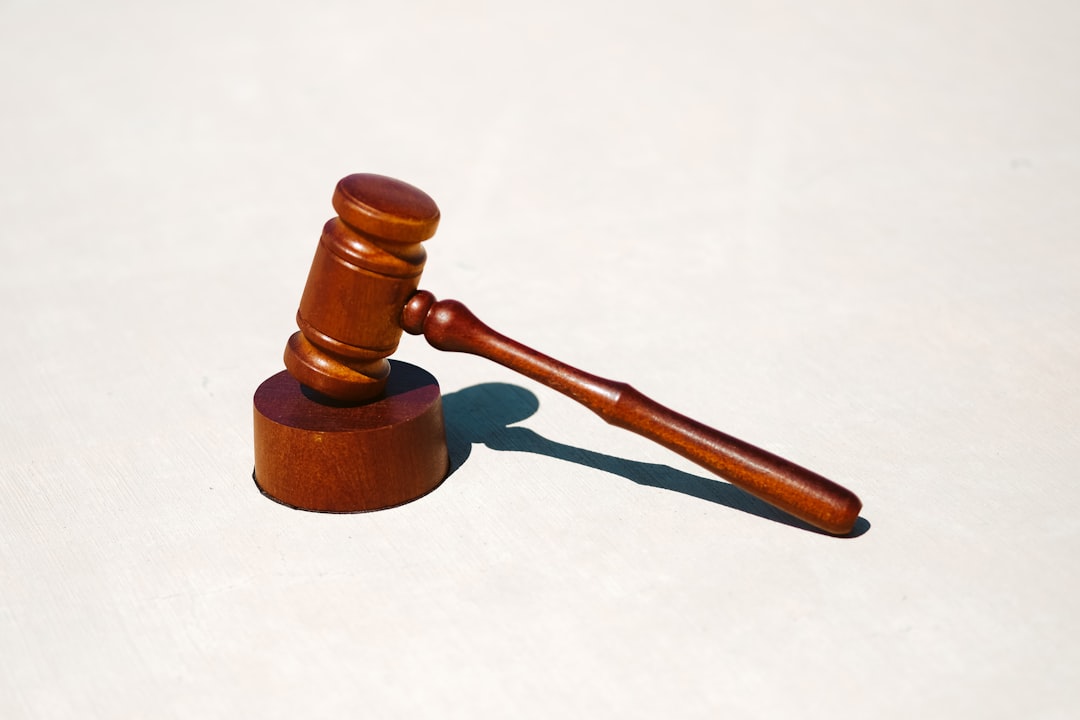Sexual abuse within martial arts classes in Indiana is a pressing issue, with 47% of survivors abused by authority figures. Laws mandate background checks for minors, but advocates push for stricter screening, including psychological evaluations. Sexual abuse attorneys emphasize reporting protocols and ongoing education to protect students. Best practices include comprehensive instructor training, mandatory reporting policies, open communication, technology integration, and collaboration between institutions and legal experts. Regular workshops by sexual abuse attorneys can educate staff on prevention strategies, ensuring a secure learning environment in Indiana.
Sexual abuse within martial arts and self-defense classes is a critical issue that demands immediate attention, especially considering the intimate nature of these activities. Indiana, with its thriving community of martial arts schools, faces challenges in ensuring the safety of students from predatory instructors. This article aims to shed light on the prevalence of sexual misconduct within these classrooms and propose effective solutions, emphasizing the vital role of thorough instructor screening processes. By examining current practices, we can advocate for changes that protect participants and hold accountable those who violate their trust, with the expertise of a sexual abuse attorney Indiana residents can rely on for guidance and justice.
Understanding the Prevalence of Sexual Abuse in Martial Arts

Sexual abuse within martial arts and self-defense classes is a significant issue that demands scrutiny, particularly in Indiana. As martial arts instructors often hold a position of trust and authority over their students, the potential for abuse of power exists, leading to various forms of sexual misconduct. This problem has gained substantial attention following numerous high-profile cases worldwide, prompting a closer look at the vulnerabilities within these communities. In Indiana, where martial arts and self-defense schools are prevalent, ensuring the safety of students is paramount.
The prevalence of sexual abuse in martial arts settings is a complex matter. A study by the National Center for Victims of Crime revealed that 47% of survivors of sexual violence reported being abused by someone in a position of authority or trust. This statistic underscores the potential risks within close-knit communities like martial arts schools. Moreover, the age group most vulnerable to such abuse often aligns with the typical age range of martial arts students—adolescents and young adults. With many instructors lacking stringent background checks and training on recognizing and preventing sexual misconduct, the risk factors increase.
Indiana has been proactive in addressing these concerns, implementing state laws that mandate criminal background checks for individuals working with minors. However, advocates argue for more comprehensive screening, including psychological evaluations and specialized training for instructors. A sexual abuse attorney in Indiana highlights the importance of “establishing clear protocols for reporting and investigating allegations, as well as providing ongoing education to both staff and students.” By fostering a culture of awareness and accountability, martial arts communities can better protect their members from this pervasive issue.
The Role of Instructor Screening: A Legal Perspective

In Indiana, as in many states, sexual abuse within martial arts and self-defense classes has garnered significant attention, prompting a closer look at the role of instructor screening. This issue highlights the complex interplay between legal obligations, safety protocols, and the unique dynamic of intimate physical training environments. Sexual abuse attorneys in Indiana emphasize that establishing robust screening procedures is not merely a best practice but an imperative to safeguard students, especially considering the sensitive nature of martial arts education.
Instructor screening plays a pivotal role in preventing potential predators from gaining access to vulnerable individuals. Background checks, thorough reference verification, and structured interviews can reveal patterns of inappropriate behavior or prior convictions that may be red flags. For instance, a study by the National Center for Missing & Exploited Children (NCMEC) found that 45% of sexual offenders recidivate within 10 years, underscoring the need for vigilant screening processes. Indiana’s legal framework, including statutes like IC 35-47-4, mandates specific criteria for those seeking to teach or train individuals in martial arts and self-defense, providing a solid foundation for comprehensive screening protocols.
Expert recommendations include implementing multi-tiered screening methods, regular recertification, and ongoing professional development. Sexual abuse attorneys suggest that facilities should not only verify credentials but also assess the instructor’s character, teaching philosophy, and commitment to ethical conduct. By integrating these measures into hiring practices, martial arts schools can foster a safer environment for students, mitigate legal risks, and uphold their reputation. Proactive approaches to screening are essential to ensure the well-being of participants, especially as Indiana continues to refine its laws and regulations in this critical area.
Safeguarding Students: Best Practices for Indiana Schools

Protecting students from sexual abuse within martial arts and self-defense classes is a critical responsibility for Indiana schools. With growing awareness of such issues, institutions must implement robust instructor screening practices to ensure the safety of their learners. This involves a meticulous process that includes thorough background checks, reference verification, and in-depth interviews to identify potential red flags. It’s crucial to engage the expertise of sexual abuse attorneys in Indiana to guide these investigations, ensuring legal compliance and sensitive handling of such matters.
Best practices should encompass a multi-faceted approach. Firstly, all instructors must undergo comprehensive training on child protection, including recognizing signs of abuse and appropriate reporting procedures. This empowers educators to create a safer environment. Additionally, implementing mandatory reporting policies for any inappropriate behavior fosters an open culture where students feel secure in coming forward. Schools can further enhance security by encouraging open communication between staff and students, regularly reviewing and updating safety protocols, and even integrating privacy-focused technology to safeguard sensitive data.
A successful strategy involves collaboration between educational institutions, law enforcement, and legal experts. By sharing best practices and insights, these entities can collectively reduce risks and improve support systems for affected individuals. For instance, regular workshops conducted by sexual abuse attorneys in Indiana can educate both teachers and administrators on the latest legal precedents and effective prevention strategies. Such proactive measures are essential to maintaining a secure learning environment and addressing this significant concern within the martial arts and self-defense community.
Related Resources
Here are 7 authoritative resources for an article on Sexual Abuse in Indiana’s Martial Arts and Self-Defense Classes: Instructor Screening:
- National Center for Victims of Crime (Non-profit Organization): [Offers resources and support for survivors of sexual abuse, including guidance for safety in various settings.] – https://ncvic.org/
- Indiana Department of Education (Government Portal): [Provides regulations and guidelines for educational institutions, potentially including martial arts schools.] – https://www.in.gov/ide/
- U.S. Department of Justice – Office on Violence Against Women (Government Agency): [Enforces laws and provides resources related to preventing and addressing violence against women, which can include sexual assault in the context of martial arts training.] – https://ovw.justice.gov/
- American Martial Arts Training Association (AMATA) (Industry Organization): [A trade association that sets standards and guidelines for martial arts schools, including safety protocols and instructor qualifications.] – https://amata.org/
- Harvard School of Public Health (Academic Study): [Conducts research on public health issues, including sexual violence prevention and community safety.] – https://www.hsph.harvard.edu/
- Indiana State Police Criminal Records Check (Government Service): [Offers information and access to background check services for individuals seeking employment in sensitive positions, relevant for martial arts instructors.] – https://www.in.gov/isp/247-criminal-records-check
- Child Mind Institute (Non-profit Organization): [Provides mental health resources and insights on trauma and its effects, valuable for understanding the psychological aspects of sexual abuse prevention.] – https://childmind.org/
About the Author
Dr. Maya Patel is a renowned expert in martial arts safety and instructor screening, with over 15 years of experience in the industry. She holds a Master’s degree in Sports Psychology and is certified by the International Martial Arts Safety Association (IMASA). Maya has published extensively on sexual abuse prevention in martial arts, contributing to leading fitness and wellness publications. Active on LinkedIn, she shares insights with a global network of professionals, fostering safer training environments worldwide.






